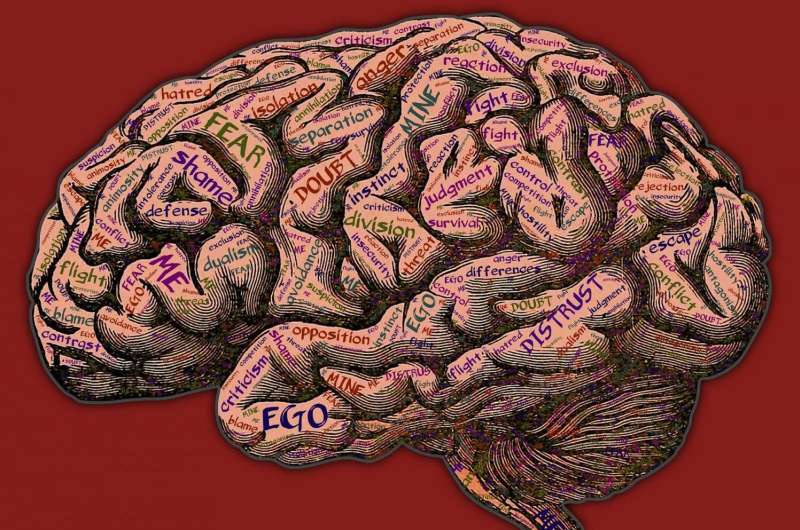
Mental distress tends to be lower in the summer when compared to the fall, according to new research from Binghamton University, State University of New York.
“Our results suggest that summertime is associated with better diet quality, higher exercise frequency and improved mood. This is important for the post-COVID era as we are getting into the summer season,” said Lina Begdache, assistant professor of health and wellness studies at Binghamton University.
Begdache had previously published research suggesting that mental distress and exercise frequency are associated with different dietary and lifestyle patterns. In a new study, Begdache and colleagues wanted to investigate the nature of the associations between diet quality, sleep quality, exercise, seasonal changes and mental distress among men and women based on age-groups—reflective of brain maturity—to potentially describe their intricate role in mental distress.
“Taken all together, our results confirmed the hypothesis that risk factors for mental distress are dynamic,” said Begdache. “They also suggest that improving one factor may positively impact all others. For instance, if it is hard to improve diet or up exercise frequency, starting with adjusting the sleep cycle may ease the task. Likewise, upping exercise frequency may improve diet and sleep quality. This virtuous cycle will eventually lead to improving mental wellbeing, according to our results.
Additionally, our results support the notion of personalizing therapies based on gender and age-groups.”
The researchers collected daily data on diet, sleep, overall well-being, exercise and mental distress from individuals of different ages and followed them for four weeks in the summer and fall, for two years. The reason for the seasonal change was to account for alterations in circadian rhythm.
The researchers found the following:
- Good quality diet was associated with mental well-being.
- Good sleep quality was associated with mental and overall well-being, as well as with higher diet quality and exercise frequency.
- Seasonal changes had an impact on diet quality and mental health.
- Mental distress tended to be lower in the summer when compared to the fall.
- Seasonal changes were associated with alterations in diet quality and mental wellbeing.
“The association between diet, sleep, exercise, and seasonal changes in relation to mental distress is complex and multidimensional. These variables are intertwined in a way that a shift in one factor may alter directionality of others and, consequently, impact mood,” said Begdache. “Therefore, it is crucial to recognize the dynamic relationships between these lifestyle factors and mental distress to provide the groundwork necessary for nutritionists and healthcare professionals to improve prophylactic and therapeutic approaches.”
Lina Begdache et al, Dynamic associations between daily alternate healthy eating index, exercise, sleep, seasonal change and mental distress among young and mature men and women, Journal of Affective Disorders Reports (2021). DOI: 10.1016/j.jadr.2021.100157
Citation:
Mental well-being higher in the summer vs. fall (2021, June 22)
retrieved 22 June 2021
from https://medicalxpress.com/news/2021-06-mental-well-being-higher-summer-fall.html
This document is subject to copyright. Apart from any fair dealing for the purpose of private study or research, no
part may be reproduced without the written permission. The content is provided for information purposes only.







